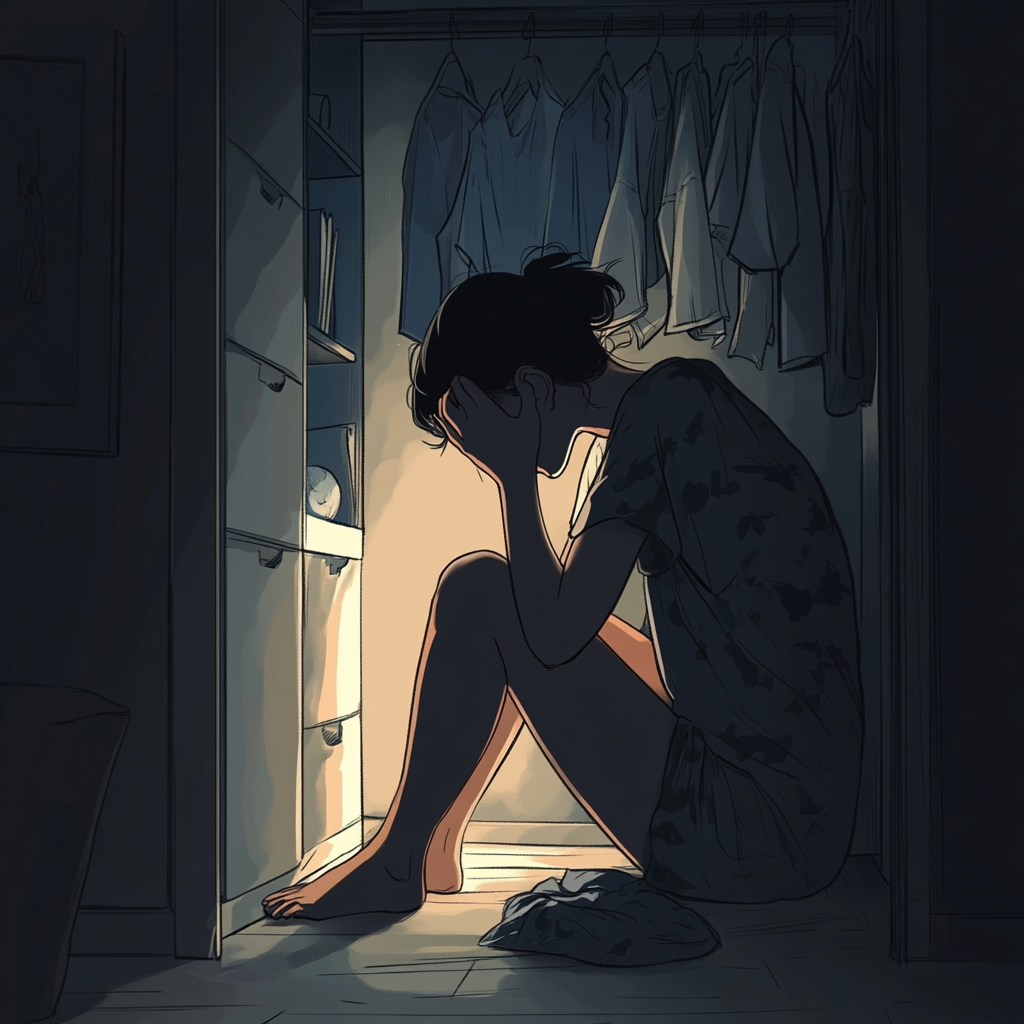When Conflict Makes Us Shrink
Separation—especially the kind that drags you through the fire of family court—can make even the strongest, most self-assured person feel like a shadow of who they once were. When every part of your life and character is put under a microscope, it's no wonder so many of us start to shrink. We lose our bravery, our confidence, our voice, and even our intelligence. It can feel like our passion disappears, like the very light inside of us dims.
After separation, and particularly throughout the family court process, most individuals feel judged, criticised, and misunderstood. Lawyers often dig up the worst-case scenarios that may have happened during the relationship—moments taken out of context, twisted to serve a particular narrative. Whether the claims are true, exaggerated, or outright false, they leave a stain. They create stories that don’t reflect the full picture of who we are. And it’s not just the courts that start to believe them—we do too.
You may start to look back at your past and doubt yourself. What if you were the problem? What if you deserved this? Fear takes over. Discipline or concern for your children’s wellbeing is reframed as punishment. Disagreements about holidays or finances turn into accusations of control. That moment you smashed a plate after finding out you were betrayed—suddenly it’s labelled property damage in black-and-white legal ink. Things that once made sense in context now feel like criminal confessions. Shame creeps in. Or worse, you start to retaliate out of sheer emotional exhaustion.
It’s a dangerous spiral. People with a personality disorders may externalise everything—believing the whole world is against them, that everyone else is the problem. Meanwhile, those with more neurotic tendencies may do the opposite, internalising every accusation, feeling like they're at fault for everything. These are two extremes, but they reveal the same truth: a high-conflict separation distorts reality. It turns moments into monsters, reactions into weapons, and people into ghosts of themselves.
I want to tell you something important: you must learn to forgive yourself. If you made mistakes, be regretful—but don’t live in shame. Shame doesn't serve you. Shame and guilt say we are the problem. Regret says, my behaviour was not the best. Guilt and shame drive us inwards, most escaping accountability. Regret helps us build up the courage to say "Im Sorry".
Reading an affidavit filled with your lowest moments is gut-wrenching. It’s easy to lose your sense of self. But let’s try on a new perspective.
Imagine you're in a bicycle race. It’s a competition. Is it not the objective of other competitors to win? That’s what’s happening here. Your former partner may be playing the legal game like a race—trying to win. Does that make it right? No. But understanding that it’s about survival, not necessarily a personal attack, can take the sting out of some of it.
This doesn’t mean we stoop to their tactics. I’ll never advocate for twisting truth or using manipulation. But I willadvocate for truth, humility, and strategy that protects you and your children—without causing more harm. Recognise that your ex may be scared too. Maybe their lawyer is calling the shots. Maybe they feel out of control. Like you, they might be in protection mode. When people are in survival mode, they act from fear—not clarity.
So give yourself some grace. You don’t need to have it all together. You don’t need to be perfect. What you do need is to remember who you are—and let yourself slowly return to that person. Or even better, someone stronger, someone wiser.
Reclaiming your bravery and confidence won’t happen overnight. After conflict, it takes time to feel safe being your full self again. And that’s okay. Take your time. You don’t have to show the world 100% of who you are right now. Just take the next step. Then the next.
Bit by bit, you’ll rise again. Not as the version of you shaped by conflict—but as the version of you that chose healing over fear, integrity over revenge, and love over shame. being 100% us doesn't mean everyone will accept us but it will draw to us the ones that do, like a moth to a flame, and don't we all want to just be ourselves, no masks.
With Love
Andrew
Ready to calm your mind and take control of your emotions after separation? Grab our 4-Week Coaching Program: Grounding Yourself After High-Conflict Separation for $35 - practical, compassionate, and made for this exact moment.
